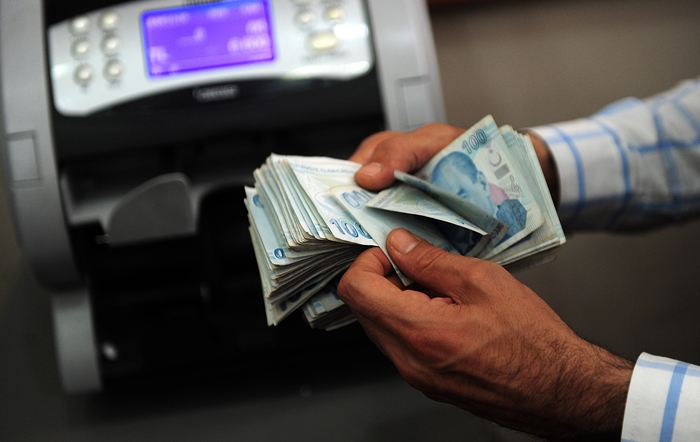Turkey’s rate of inflation rose in November, reversing a year-long downward trend and creating a quandary for the country’s central bank, the Financial Times reported.
Consumer prices rose 10.6 percent year-on-year last month, up from 8.6 percent in October.
The increase was driven by sharp rises in the cost of alcohol and tobacco, the Turkish Statistical Institute said, as well as education, health, miscellaneous goods and services, and hotels, cafés and restaurants.
Turkey’s inflation has fallen dramatically this year after soaring to more than 25 percent in the wake of a currency crisis that struck the country in the summer of 2018.
The decline has created the room for the central bank to slash its benchmark interest rate –which was increased to 24 percent during the crisis — by 10 percentage points since July.
But President Recep Tayyip Erdoğan, a longstanding opponent of high interest rates, wants the bank to go further. The Turkish leader, who holds the unorthodox view that high interest causes rather than curbs inflation, has said repeatedly in recent months that he wants interest rates to fall to single digits next year. Most economists, by contrast, warn that further aggressive rate cuts risk stoking inflation and could leave Turkish markets vulnerable to a fresh sell-off.
The central bank’s monetary policy committee will meet next week to consider whether or not to keep its main rate on hold at 14 percent or whether to make further cuts. The bank’s governor, Murat Uysal, has said he will always seek to retain a “reasonable” rate of real return to protect the attractiveness of holding lira-denominated assets for both foreign investors and locals.
Uysal was appointed in July after Erdoğan sacked his predecessor following a dispute over rate cuts.

